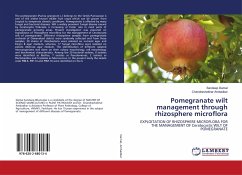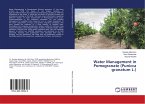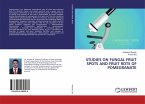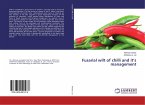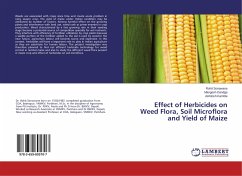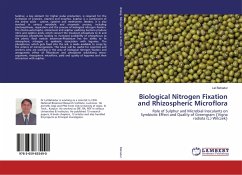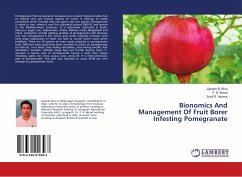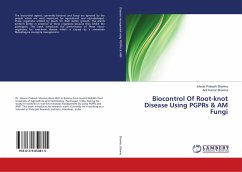The pomegranate (Punica granatum L.) belongs to the family Punicaceae is one of the oldest known edible fruit crops which can be grown from tropical to temperate climatic conditions. Pomegranate is affected by many fungal and bacterial diseases. Wilt a widely prevalent fungal disease caused by Ceratocystis fimbriata is increasing at faster rate in most parts of pomegranate growing areas. Present investigation was executed on exploitation of rhizosphere microflora for the management of Ceratocystis wilt of pomegranate. Different rhizosphere samples from pomegranate orchards of Osmanabad district were randomly collected and from these samples, 20 strains of rhizobacteria were isolated on nutrient agar and King¿s B agar medium, whereas, 17 fungal microflora were isolated on potato dextrose agar medium. The identification of different isolated microorganisms was done on their colony morphology, cell morphology and biochemical characteristics. Among the 20 bacterial isolates, 6 isolates were identified as Bacillus, 7 isolates as Pseudomonas, 2 isolates as Flectobacillus and 5 isolates as Micrococcus. In the present study the isolate code PRB-6, PRF-14 and PRM-16 were identified on the b

